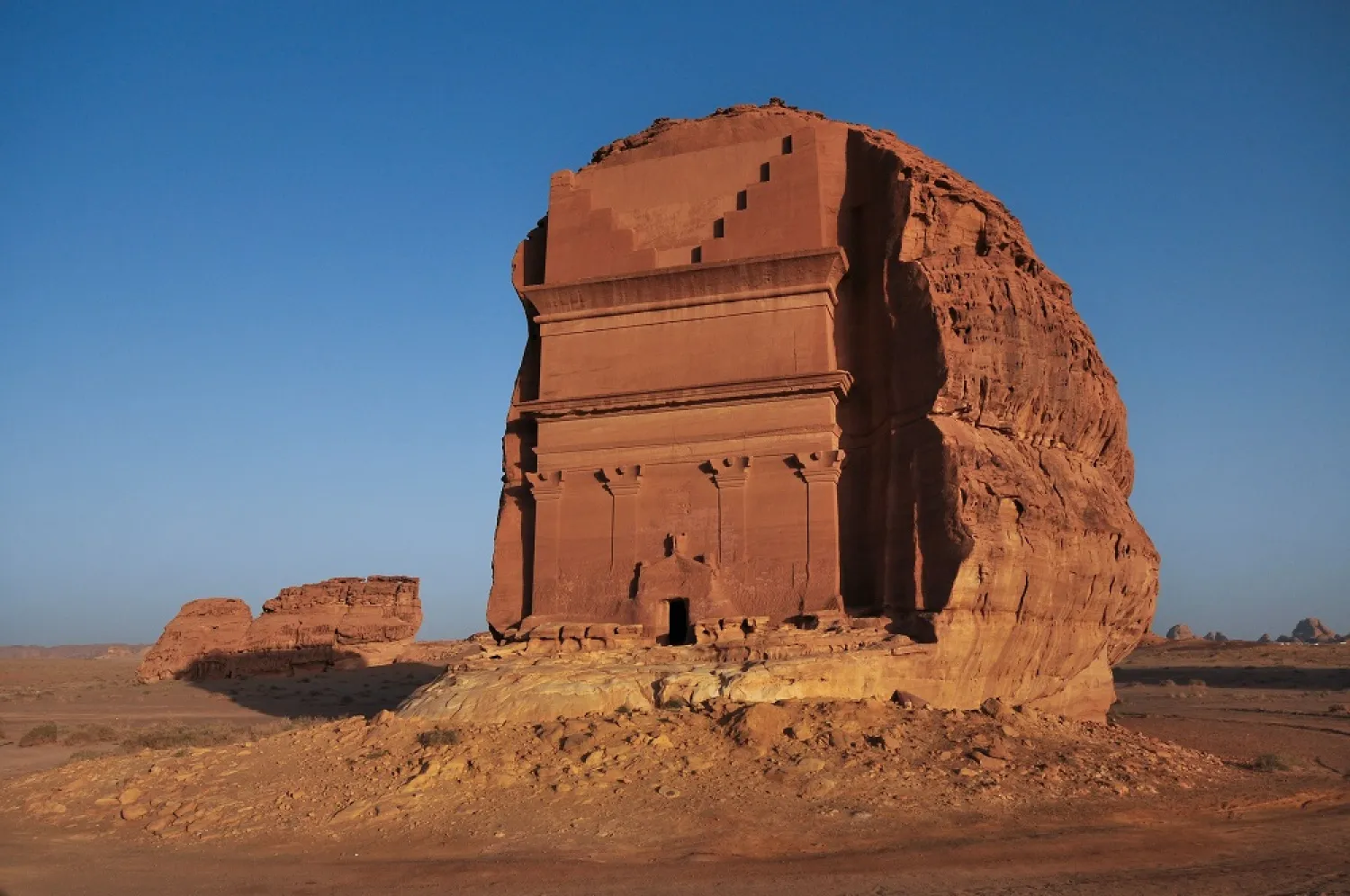Film AlUla, the film commission located in Saudi Arabia’s northwestern governorate of AlUla, is continuing to attract more international and local movie and television productions.
Film AlUla had tremendous success filming scenes of the American movie, “Cherry”, which was the first Hollywood movie by two world-class directors, Anthony and Joe Russo (Avengers: Endgame) to shoot scenes in Saudi Arabia and the debut accomplishment for Film Alula. The scenes for “Cherry” were shot in the capital, Riyadh, in cooperation with Saudi Aramco, as well as multiple locations in AlUla.
Since Saudi Arabia started issuing tourist visas around the world, it has been visited by movie and television production companies that are exploring shooting in AlUla and all throughout the country. With incredible untapped locations, it is a unique and historic location to film.
Recently, another Hollywood production signed a joint agreement with Film AlUla to shoot in the province that is to be directed, produced and starring some of the brightest Hollywood stars. In additional to the increase of international productions, Film AlUla continues to support and build local productions.
Amongst the many local projects to announce, it will support the filming of two Saudi films, namely “Bayn Al-Rimal” (Between the Sand) by Muhammad Al-Atawi and “Noura” by Tawfiq Al-Zaidi, which won Daw' (Light) Film Competition. Film AlUla, a department of the Royal Commission for AlUla, will finance the two films, and provide and coordinate all the filming requirements in AlUla.
The Film Commission was established within 11 cultural commissions in February 2020 and whose Board of Directors is chaired by the Minister of Culture. It is responsible for developing and supporting the film sector in the Kingdom and encouraging individuals, institutions and companies to produce and develop content, among other responsibilities.
To attract international filmmakers, the administration of Film AlUla counts on the governorate’s attraction sites that position it among the best filming locations in the world. This is to implement their vision of leading the creative industries in the Kingdom, establish AlUla as international filming and content destination, and create a film infrastructure in northwestern Saudi Arabia.
Film AlUla provides a package of services that attract many filmmakers from around the world. This includes an already established team of film experts in AlUla to help facilitate the production of international films and building a suitable ecosystem for filmmaking. It handles the issuing of film crew visas, securing ground and air transportation and accommodations between Riyadh and AlUla, granting permits, facilitating the import and export of camera equipment and other production equipment, the information and relationships to help crew productions, and so much more.
In addition to its heritage and cultural depth dating back to more than 200,000 years of human history and 7,000 years of successive civilizations, AlUla has a unique diversity of terrains extending over more than 22,500 km of charming valleys, in which sandstones coexist with black volcanic rocks and amazing rock formations created by wind and water over millions of years. The governorate’s villages, farms, and cities with their old and modern buildings and hotel infrastructures offer a variety of options for filmmakers.
Film AlUla works to support and stimulate local film productions, in partnership with government agencies, based on the Royal Commission’s endeavor to contribute to the realization of Saudi Vision 2030 and empower national talents in the film industry.
Through their strategic partnership, the Film Commission and Film AlUla administration seek to create and develop a sustainable film sector in northwestern Saudi Arabia by facilitating internal investment, attracting international and regional films, television shows and documentaries for filming in AlUla, as well as developing local and regional businesses to serve the film sector. This is in addition to employing and training local talents, creating job opportunities in the film sector, and establishing an industrial value chain throughout the area as part of the filmmaking ecosystem.









